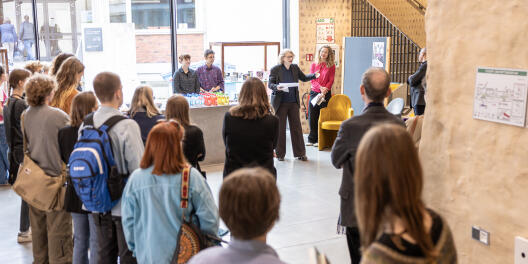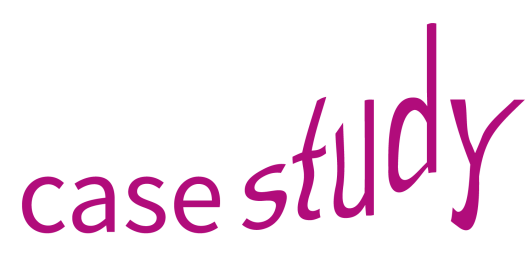

Photos


© Universität Münster | Stefan Klatt 
© Universität Münster | Stefan Klatt 
© Universität Münster | Stefan Klatt 
© Universität Münster | Stefan Klatt 
© Universität Münster | Stefan Klatt 
© Universität Münster | Stefan Klatt 
© Universität Münster | Stefan Klatt 
© Universität Münster | Stefan Klatt 
© Universität Münster | Stefan Klatt 
© Universität Münster | Stefan Klatt 
© Universität Münster | Stefan Klatt 
© Universität Münster | Stefan Klatt 
© Universität Münster | Stefan Klatt 
© Universität Münster | Stefan Klatt
From 26 May to 22 June 2025, the exhibition “case study #1: Access to Curatorial Networks – Postcards from Kasper König” was presented by the Centre for Advanced Study in the Library foyer of the Philosophikum.
Idea, concept, and organization: Students of the colloquium course taught by Ursula Frohne and Berit Hummel (summer semester 2025): Maike Einfalt, Malisa Gehrling, Joel Patrice Keller, Lynn Kraft, Joseph Lange, Adelina Meyer, Emma Nachtwey, Paula Niewald, Levi Oppenberg, Alina Selbach, Julia Siebenbrodt, Sebastian Verkamp, Kyra-Anna Weiß
Sustainable exhibition design: Malene Saalmann

The exhibition brought together a selection of collaged cards that Kasper König (1943–2024), curator, co-founder and long-time artistic director of Skulptur Projekte Münster and director of the Museum Ludwig, sent to artists, colleagues and companions over decades. These personal messages, full of wit and with a clearly recognisable style, are gestures of appreciation and a unique testimony to his curatorial practice. Many of the people he worked with in the art world have their own collections of these cards.
In their interweaving of image and text, the postcards oscillate between a very specific contextual reference and an openness of meaning. König brought together material from the art world, advertising and everyday culture on the standardised format. Cut-up museum postcards, newspaper clippings, advertising material, photographs and glitter stickers condense into historical testimonies. The duality of front and back dissolves into a provisional whole. This disregard for aesthetic conventions reveals a connection to mail art and artistic familiarity. The informal communication system that becomes visible when the postcards are viewed together reveals everyday practices of curatorial communication as well as biographical traces or performative gestures of revealing secrets that can be glimpsed in the handwritten messages – often enigmatic and informal, sometimes indiscreet, always personal and sometimes barely decipherable.
As testimonies to the networks on which curatorial practices are based, the cards refer to biographical traces and hint at relationships and personal and professional constellations. At the same time, in their materiality, these fragmentary messages stand for the nostalgia associated with media change with regard to outdated formats of the ephemeral. The postcards on display come from collections belonging to Nils Emmerich (art historian and curator, Berlin), Ursula Frohne (co-director of the Centre for Advanced Study, Institute of Art History, University of Münster), Dorothea Schöne (artistic director of the Kunsthaus Dahlem, Berlin), Lisa Marei Schmidt (director of the Brücke Museum, Berlin) and Marianne Wagner (curator of contemporary art at the LWL Museum of Art and Culture, Münster). We would like to express our sincere thanks to all lenders.
The exhibition is the first in the ‘case study’ series, which takes up the format of the display case as a classic venue for presenting ephemera. In an experimental, laboratory-like form, possibilities for creating access in an art-historical context are explored within the framework of research-based teaching.

